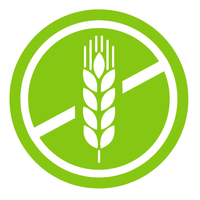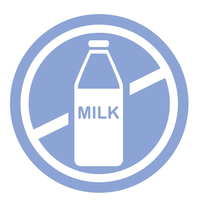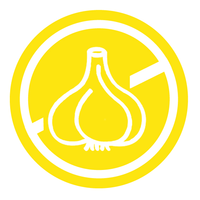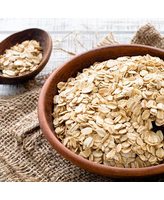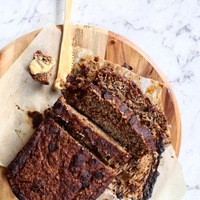Clean Eating - What Is It & What Does It Look Like?
Author: Elissa Eastgate Date Posted:21 June 2019
With every second person out there putting their two cents in on what you should be eating, what
foods you should avoid and basically how you should be living your life it’s easy to get overwhelmed.
The goal posts are changing all the time: one minute red wine is ok, then it’s not. Coffee is good for
you, but only in small amounts. Fats are bad for you, but now they are not (most fats are actually fine).
It’s a minefield of information and misinformation.
Most diets go to the extreme of cutting out major food groups, which for some works wonders,
however we are not all the same and what works for you may not work for me and vice versa.
So why don’t we get back to basics? Pre pre-packaged food days, when food was food and not
manipulated (manufactured) into something non-descript. That to me is the fundamentals of ‘Clean
Eating’.
Preservative and Chemical Free:
Moving away from pre-packaged foods or at least recognising what the ingredients are on the
ingredient list. If a ‘food’ is filled with numbers and chemical names it’s not real food.
Our body’s have not adapted to how our food’s are processed or to the chemicals and preservatives
in them. People can end up with IBS like symptoms and it may not be the ‘food’ that we are reacting
to, rather with what they do to the food when it is processed and manufactured.
Our body’s are exposed to so much throughout our lifetime (environmental factors, stress, bacteria,
viruses) if we can control one thing, it’s what we put into our body’s.
Sugar and refined carbohydrates:
With the rate of obesity sky rocketing (plus all the health conditions that come with it) and
Alzheimer’s the second leading cause of death in Australia you have to start wondering why?
We all know that diet and lifestyle have a lot to do with it, with Alzheimer’s now being referred to as
‘type 3 diabetes’.
Sugar and refined carbohydrates (such as cake, biscuits, lollies, sports drinks, soft drinks, even diet
drinks as they make you crave sugar further) has a lot to do with these statistics.
There are many studies on sugar and it’s effect on the body. They have shown that sugar (in all
forms) can contribute and drive inflammation, diabetes, obesity, low mood and more.
Sugar is highly addictive and has been shown to trigger the same areas of the brain that drugs such
as cocaine do. Now you can see why it is so hard to give up.
Sugar comes in so many different forms now, half the time people are not aware that they are
consuming it. Seemingly healthy products can also contain way too much sugar, so always read
labels.
When looking at the packaging, I always go by the 10g rule. If the sugar content is more than 10g per
serve, it’s probably too high.
Always check what they mean by a serve too, as companies can trick you into thinking that it’s low in
sugar. Some companies consider their product to have ie. 2-3 serves in it so then the sugar content
is much higher than first thought (let's be honest most would eat the whole packet, rather than
figure out what their serving size is).
Another one to look out for is juices. All fruit juices (even freshly made ones) contain all the fructose
(fruit sugar) and none of the fibre. Fibre is what helps our body release the sugar’s in a slow
controlled manner so you don’t get a spike in blood sugars. If you’re going for a juice try and get
something that is higher in vegetables rather than fruit.
Fats are in:
For so long we were told fats contribute to poor health outcomes. In actual fact we need fats to
produce our sex hormones (estrogen, progesterone and testosterone), most of our brain is made up
of fats and every single cell in our body requires fat to stay nice and plump and active.
People on low-fat diets may experience lowered mood, poor concentration and memory.
The main fats to avoid are hydrogenated and trans fatty acids which are manufactured oils found in
products such as margarine and in some vegetable oils (such as canola). These fats are known to
contribute to clogged arteries, heart disease and inflammation.
All other fats have a more beneficial effect on our body. Essential Fatty Acids (good fats) are found in
foods such as: avocados, small fish, tahini, chia seeds, walnuts, flaxseed oil and Sacha Inchi oil.
At the end of the day if what we are eating is predominately fresh with a variety of food groups
(eating a rainbow a day) this should cover all bases. Even if you slip up and eat that sugary treat
every now and then, that’s ok, we are all human. Life throws us a lot of curve balls, we don’t need to
be stressing about what we eat. If you know that what you’re eating is real food, that’s one less
thing to worry about.
Bon appetite!
Elissa is one of our resident Naturopath’s who has a special interest in food as medicine. Working
with people who experience depression, anxiety, IBD, fertility and reproductive health.


